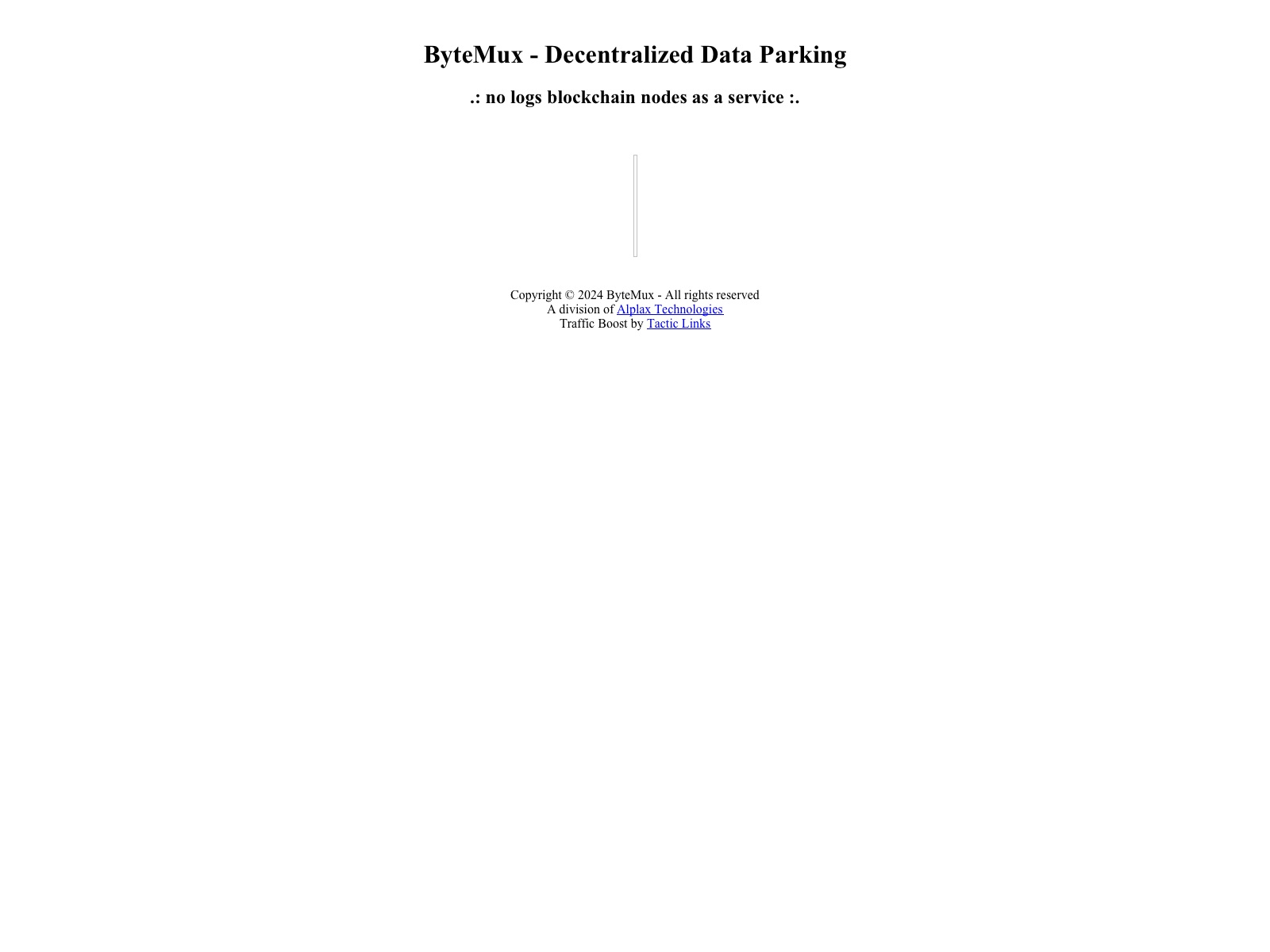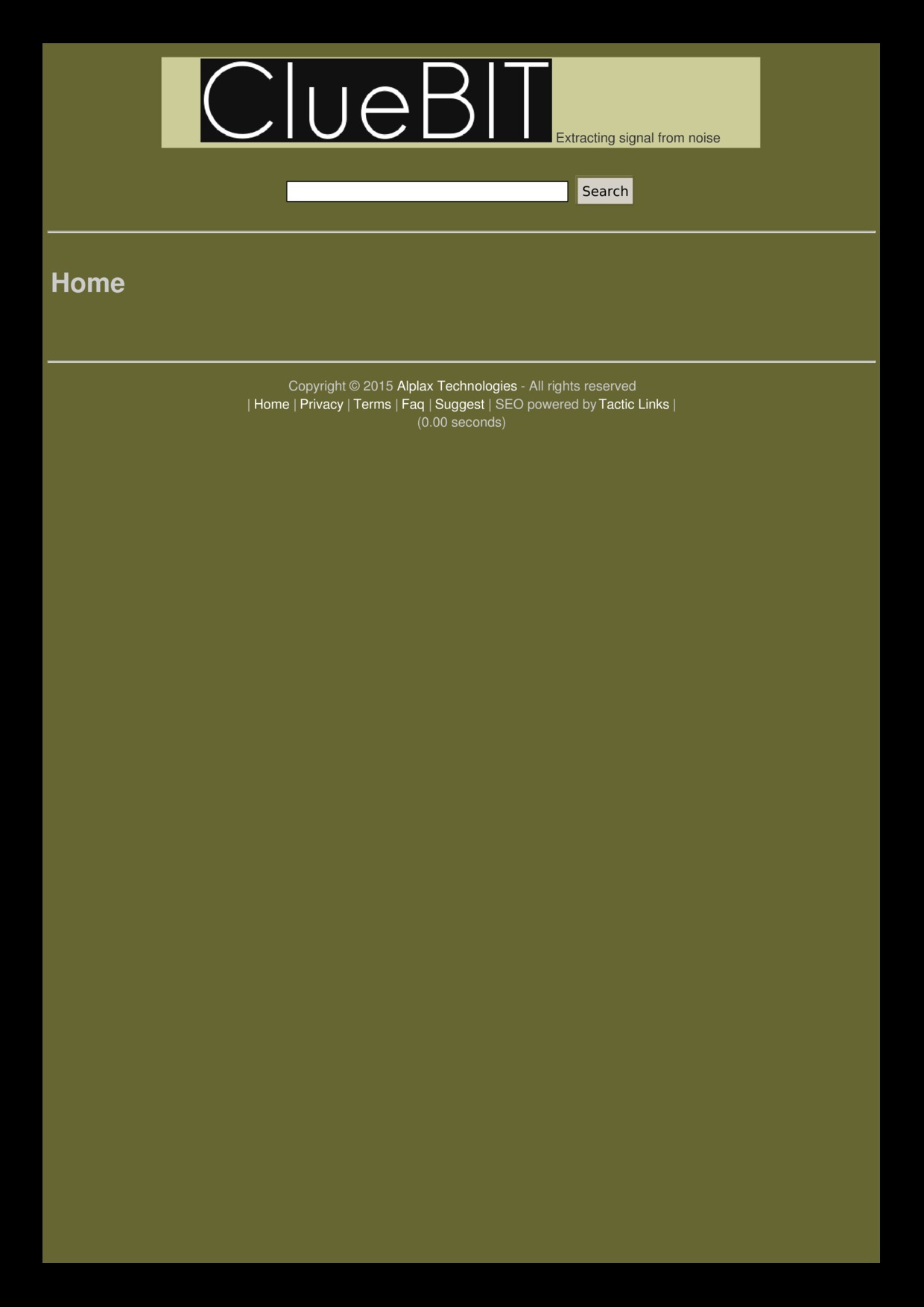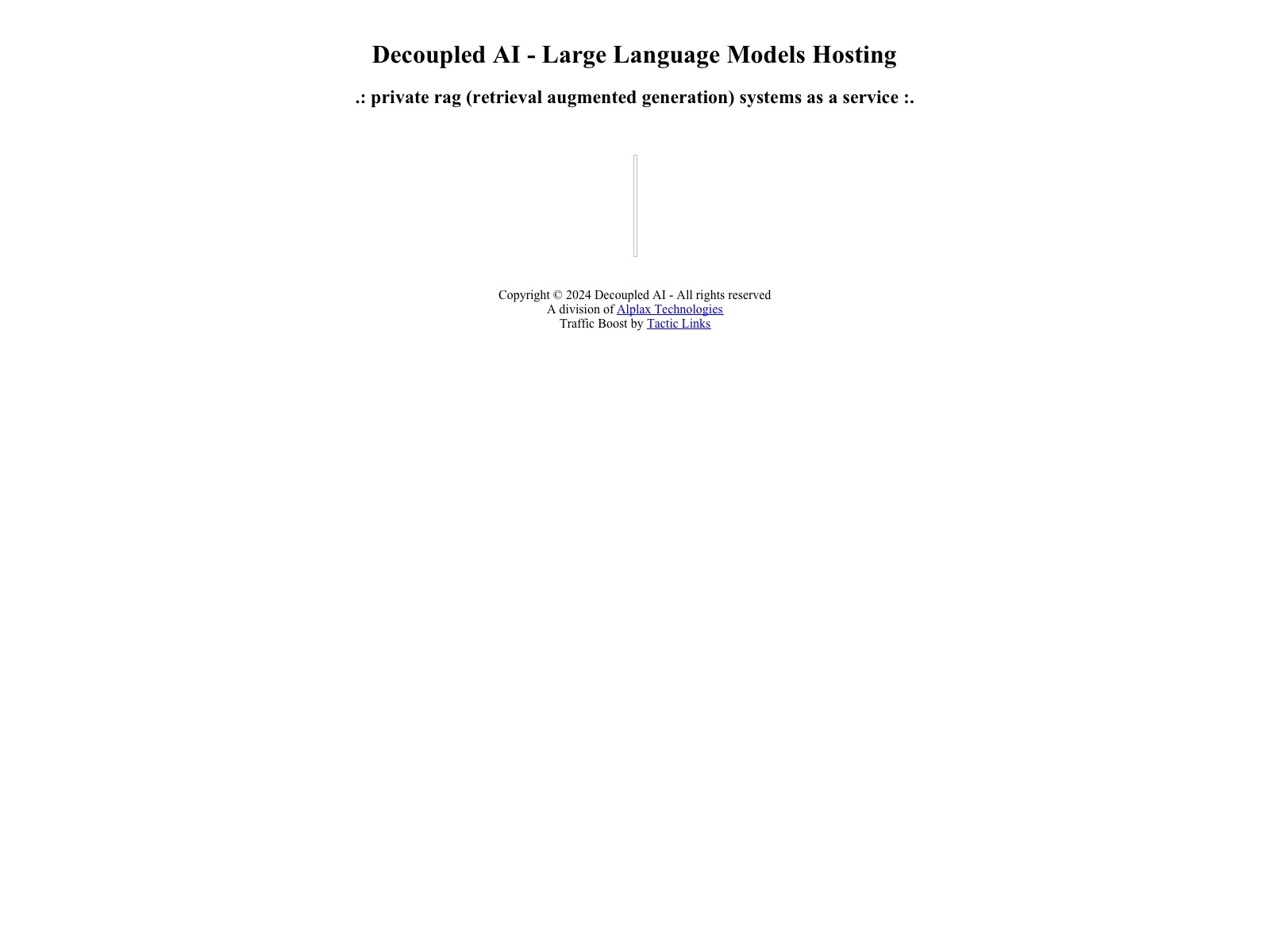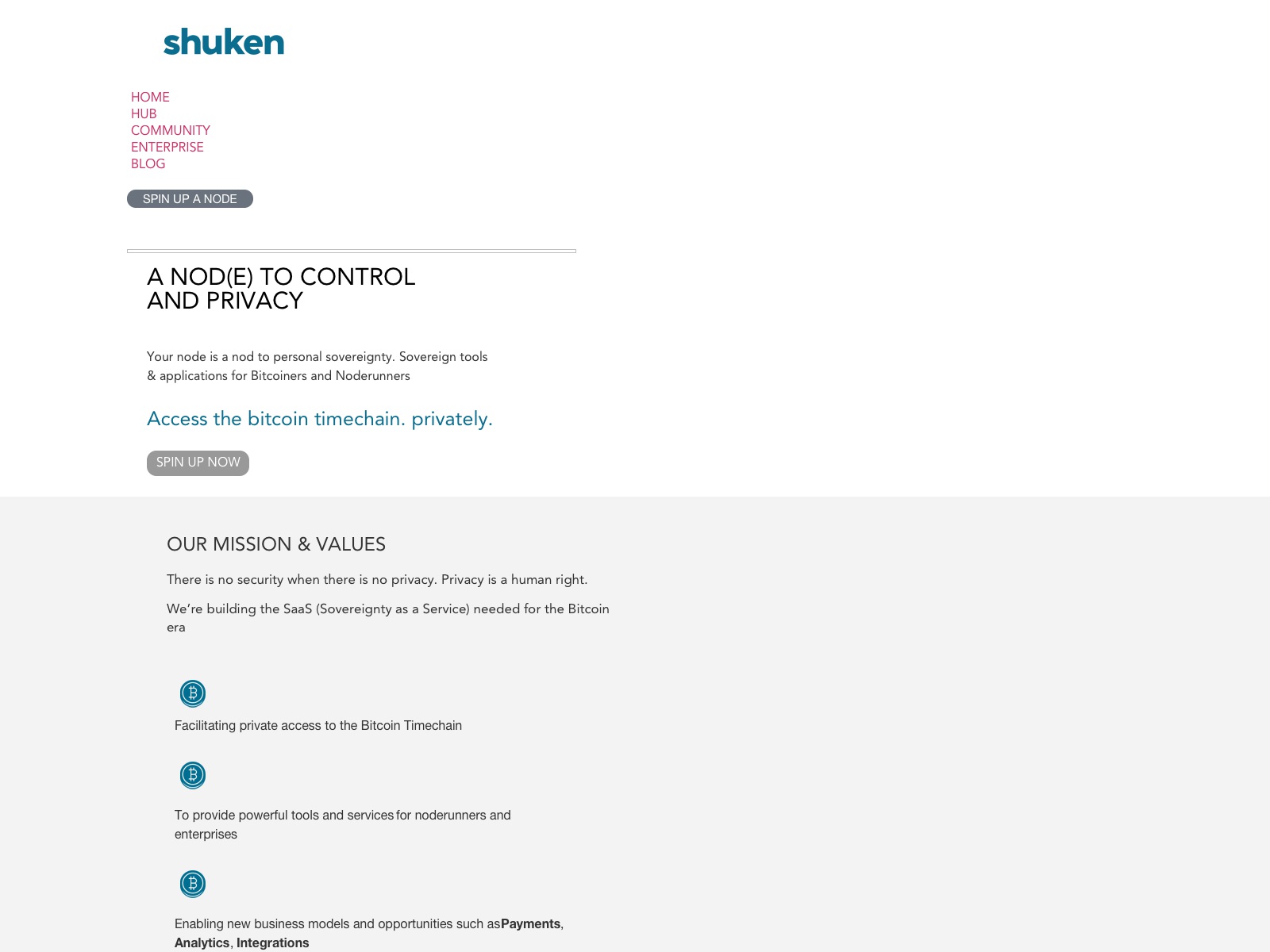Tactic Links - Organic Traffic Booster - Home
|
Path: Home > List > Load (luu.io) |
Home | About | List | Rankings | Search | Submit |
| domain | luu.io |
| summary | The article discusses the misuse of databases in programming, a topic that has arisen due to an overcorrection from earlier practices. It highlights scenarios where developers have inappropriately applied database technologies or methodologies, leading to inefficiencies and potential issues. Initially, there was a tendency for underutilization of databases, often disregarding their powerful capabilities. This led to the overuse of NoSQL databases when relational databases were more suitable, or vice versa. As the pendulum swung towards favoring specific database technologies, it sometimes resulted in improper implementation and integration. Some common mistakes highlighted include: 1. Over-normalization or denormalization: Balancing data normalization is crucial for efficient query performance and storage efficiency. Both over-normalization (reducing redundancy to an extreme) and denormalization (adding redundancy) can lead to performance issues, increased complexity, and maintenance difficulties. 2. Ignoring database indexing: Proper indexing is essential for querying efficiency. Failing to create appropriate indexes or neglecting them entirely can result in slow query execution times, a significant bottleneck in application performance. 3. Inadequate data modeling: Poorly designed schemas or lack of well-thought-out data models can cause scalability issues and make it difficult to maintain the database over time. This misalignment between business requirements and database structure often leads to redundant or inconsistent data, which further complicates operations. 4. Overusing transactions for read operations: Transactions are crucial for maintaining data consistency during write operations but are not meant for read operations. Misapplying them can lead to performance degradation as the system waits for locks, causing contention and increased latency. 5. Disregarding database-specific features: Each database has its unique strengths, and ignoring these can result in suboptimal use of resources. For instance, using complex SQL queries instead of a database's built-in query language or functions, or not leveraging caching mechanisms provided by the database can lead to unnecessary overhead and reduced performance. 6. Neglecting database security: Ignoring access controls, encryption, and auditing features in databases can expose sensitive data and compromise system integrity. Implementing robust security measures is crucial for safeguarding information and maintaining compliance with regulations. The article emphasizes the importance of understanding the characteristics, strengths, and limitations of different database technologies to apply them appropriately. Developers must carefully consider application requirements, data access patterns, and performance needs when choosing a database system or designing its architecture. By doing so, they can avoid common pitfalls and leverage databases more effectively for optimal results in their programming projects. |
| title | Posts | LUU.IO |
| description | Posts | LUU.IO |
| keywords | date, tags, programming, software, september, docker, development, june, career, using, march, october, database, building, rust, crystal, january |
| upstreams | |
| downstreams | |
| nslookup | A 104.21.60.43, A 172.67.191.117 |
| created | 2025-11-08 |
| updated | 2025-11-08 |
| summarized | 2025-11-11 |
|
HIGHSPOTS | |
 tacticlinks.com | |
 whimed.com | |
 bytemux.io | |
 cluebit.com | |
 decoupled.ai | |
 shuken.io | |
 greenpeace.org | |
 escrache.org |
Traffic Boost by Tactic Links
[took: 199 ms]